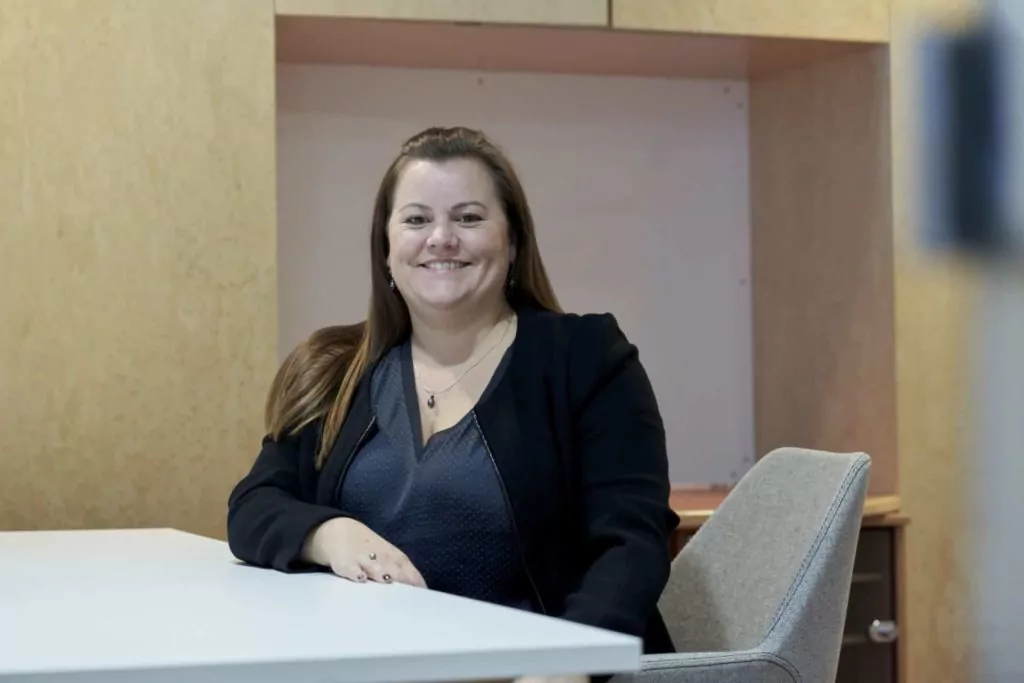
Charity fraud: The warning signs to watch

By Chloe Phare, Lauren Donnison
31 Mar 2023 | 2 minute read
The recently published BDO Charity Fraud Survey Report has made various findings illustrating the extent of the risk of fraud to charities. The findings include the fact that nearly 70% of UK charities surveyed had experienced financial losses due to fraud and over half believed the risk would increase over the next 12 months.
In light of the report's findings, this article is the first in a series we will be publishing on fraud in the charity sector, to assist charities in preventing fraud, responding to fraud when an incident occurs, and recovering from fraud. This article draws on our experience of what we are seeing emerge in the legacy sector in relation to fraud. It is often the case that the victim is someone who left their estate to charity. The purpose of this article is to raise awareness and to highlight the warning signs to look out for.
Fraud relating to legacies
The management of someone's finances during their lifetime and, throughout the administration of their estate, can provide opportunities for individuals or companies to commit fraud. This can greatly impact the value of legacies that charities are due to receive. Fraud can arise in various forms. For example, individuals acting under power of attorneys or as an executor of an estate will have financial control of the assets/finances (including bank accounts, properties and shares) and as such these roles come with a great deal of responsibility and obligation which can be abused. Our specialist legacy team have dealt with several matters featuring unauthorised transfers of the deceased's assets during their lifetime or from their estate upon death, involving significant sums in some circumstances.
In other matters, concerns may be raised around payments made from the deceased's account both before and after their death. This can be difficult to prove and would require a thorough investigation of the deceased's account and their spending patterns before and after the suspected individual entered their life.
Another area in which fraud may appear for charities is in relation to documentation. We have seen different matters come to light, including but not limited to; the forging of signatures, documents drafted by fraudsters posing as the deceased in order to obtain financial information and the use of an individual's bank card.
If a charity has been appointed as executor of an estate, they are under a duty to act in the best interests of the estate. This may involve investigating potential fraud and seeking legal advice in relation to potential claims. The executor will be required to update the beneficiaries and if necessary, seek their instructions on how the beneficiaries wish to deal with the fraud.
The warning signs
The following warning signs can help identify the types of fraudulent activity which may have taken place in relation to a legacy:
Unusual payments – has there been a change in the deceased’s spending? Are there sums of money being made to the same individual on a regular occurrence? If you are unsure, it is always helpful to request six years’ worth of bank statements from the deceased’s account. This will allow you to fully investigate the patterns of spending
Suspicious documents – when carrying out a search of the property it is important that all paperwork is accounted for and checked to ensure that it was in fact being dealt with by the deceased.
Potential claimants – it may be that an individual who was financially abusing the deceased will try to make a claim against the estate under the Inheritance (Provision for Family and Dependants) Act 1975. They may claim that the deceased was financially supporting them and accordingly they have a financial need which should be met by the estate.
Unusual payments – has there been a change in the deceased’s spending? Are there sums of money being made to the same individual on a regular occurrence? If you are unsure, it is always helpful to request six years’ worth of bank statements from the deceased’s account. This will allow you to fully investigate the patterns of spending
Suspicious documents – when carrying out a search of the property it is important that all paperwork is accounted for and checked to ensure that it was in fact being dealt with by the deceased.
Potential claimants – it may be that an individual who was financially abusing the deceased will try to make a claim against the estate under the Inheritance (Provision for Family and Dependants) Act 1975. They may claim that the deceased was financially supporting them and accordingly they have a financial need which should be met by the estate.
The above examples are only a handful of the types of fraud charities can fall victim to, and sometimes family members or friends will tip the charity off in relation to the suspicious activity.
Our experience
Fraud and financial abuse is something we are increasingly seeing in relation to estates. We anticipate that this activity will continue to increase with the cost-of-living crisis, issues arising in relation to individuals' capacity and with online banking, the contactless payment limit having risen to £100 per transaction.
Later articles in this series will cover other fraud-related topics and our top tips.
In the meantime, if your charity does identify any of the warning signs noted above, or has other fraud-related questions or concerns, please get in touch with Chloe Phare or Emma Facey.


















